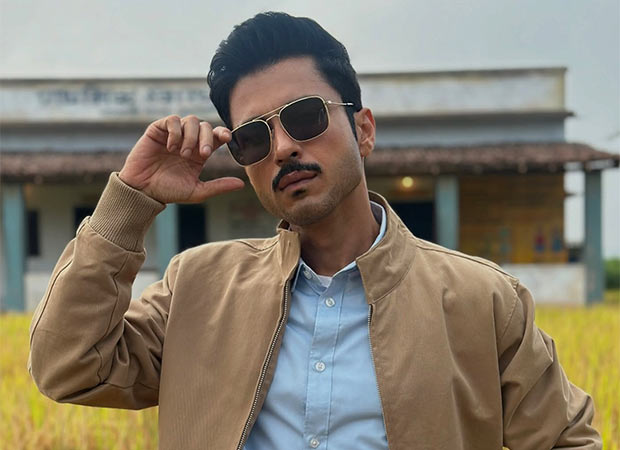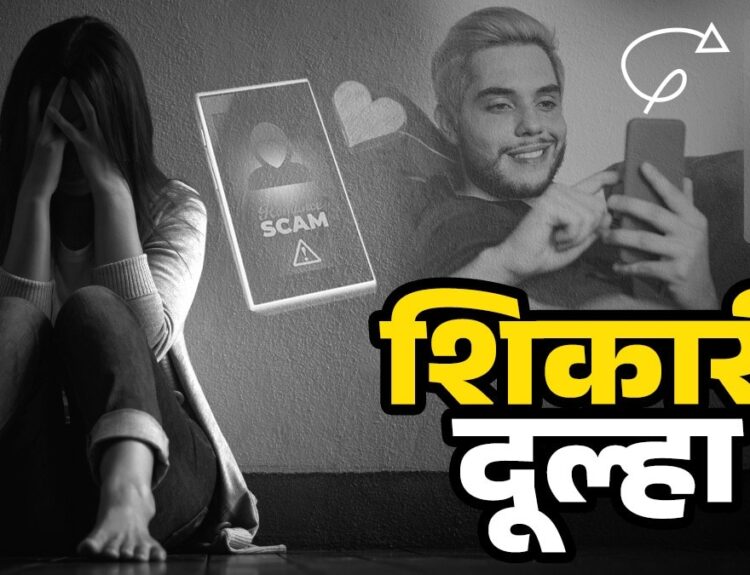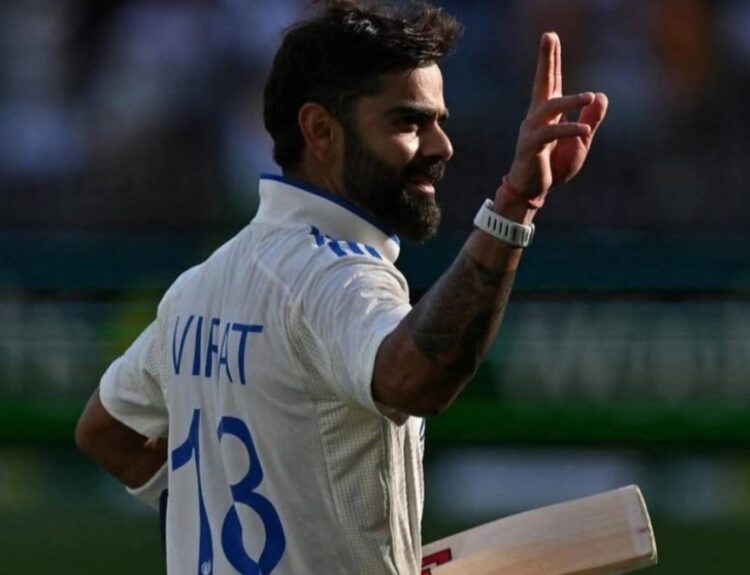Your series Gram Chikitsalaya raised the very relevant issue of rural healthcare. How involved were you in the theme?
From what I know, Deepak Mishra and Arunabh Kumar had been working on this idea for the last few years. Under their guidance, Vaibhav Suman and Shreya Srivastava developed the screenplay and characters, bringing the world of Bhatkandi to life. Rahul Pandey, who is also a writer, joined as the director and brought in his own suggestions. So, the theme and overarching material were already in place when I came on board as an actor. Of course, the quality of the material and the appeal of the theme made the project even more attractive. But I wouldn’t say I had any contribution to the ideation process—except for some minor details of my character Prabhat, and a truthful portrayal of the vision of all these people.
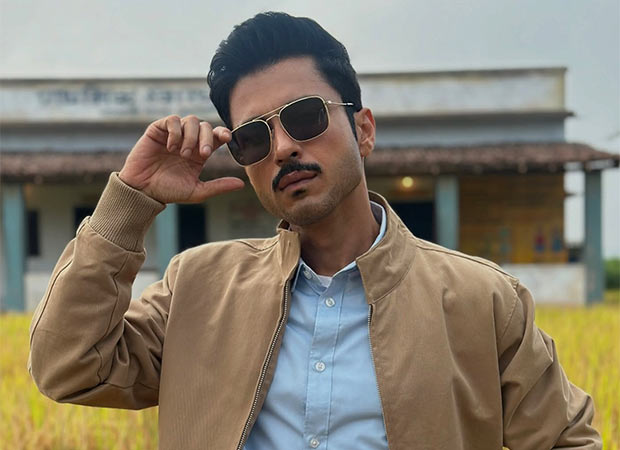
Did the constant comparison to Panchayat annoy you? Didn’t you think it was unfair?
It was bound to happen and was expected. It’s strange—and kind of sad—that as soon as we see a story based in a village, Panchayat becomes the point of comparison. While that speaks of the immense popularity of Panchayat, and rightfully so, it’s not a very logical deduction. When the majority of our country lives in villages, we should ideally have a similar majority of stories that represent those lives, their struggles, and their insights—from different angles and genres. But I guess people aren’t used to it yet. We’re so used to watching stories based in Mumbai, Delhi, and other metros, yet we never say, “Oh, another story from Mumbai—what’s new in this one?” I think people will stop asking this about rural stories soon.
I think Gram Chikitsalaya is in some ways superior to Panchayat.
We were aware comparisons would happen, but it was never going to deter our conviction or belief in this story. After the first few days of confusion—when people didn’t know whether to expect Panchayat or something similar—Gram Chikitsalaya slowly began to find its own audience. People started watching it for what it is, and the show developed its own personality. A large number of people have identified that uniqueness, and now the word of mouth has completely changed the show’s perception.
How do you look at your career trajectory so far? Are you pleased with your journey?
I’m quite pleased with the kind of opportunities that have come my way, and I’ve tried to make the most of them. As long as I have something new and creative to look forward to, I’m happy and satisfied as an actor.
Which performances do you consider to be your game changers?
Thankfully, I’ve had 2–3 even in the short career I’ve had so far. Chitvan definitely tops the list—it didn’t just change the game, it actually kickstarted the game for me. Playing Osman in Dolly Kitty Aur Woh Chamakte Sitare and Bhagat Singh in Sardar Udham were both precious experiences, and I’m glad people began seeing me in a different light through those roles. The recent releases Gram Chikitsalaya and Kull: The Legacy Of The Raisinghs have generated a lot of love too, so they’re definitely game changers. How much the game changes—I’ll find out in the next 2–3 months.
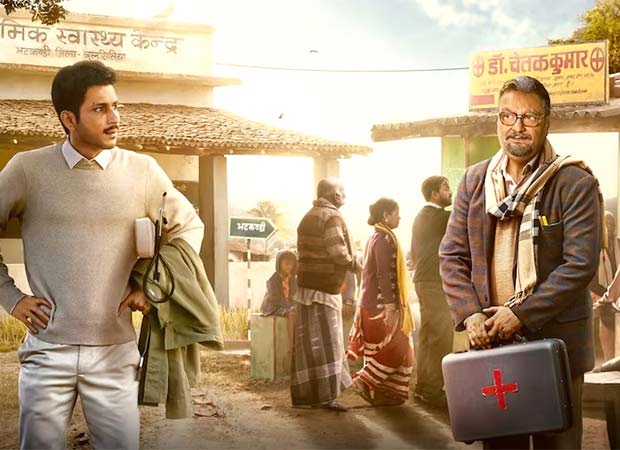
As an outsider, does it anger you when star kids with not even an iota of your talent get plum roles?
More than anger, it was a little confusing in the beginning. You hear so much about talent and craft in interviews and roundtables, but then you don’t see business decisions being made based on those values. It’s bewildering—especially when those decisions don’t even lead to great results, whether creatively or financially. I don’t hold personal grudges; if it’s your money, you get to decide what to bet on. But I genuinely believe that if we gave a little more importance to acting craft while making decisions, our stories would turn out so much better. Our audience knows good from bad—and if we want to bring them back to our stories, we need to give them what they deserve: honesty, craft, and hard work. Being lazy in storytelling and decision-making is cheating the very audience whose love you seek.
What are your forthcoming projects?
I have a film called Nausikhiye—a madcap comedy I’m really excited about. There’s also a romantic comedy with Tanya Maniktala that should be out this year. Meanwhile, I’ve just started performing my solo piece Besharam Aadmi, and I plan to do at least fifty shows of it this year across cities.
Do you enjoy the freedom of articulation provided by OTT?
More than the freedom, I personally find the range of stories, genres, and characters on OTT exciting. The nature of storytelling has definitely widened, and that has created interesting work opportunities—not just for actors like me, but also for writers and directors. OTT has helped discover many strong, unique voices. It’s true that some formulaic thinking might be creeping into the space, but I also see clutter-breaking shows and films that keep the medium fresh and boundary-pushing.
The post Amol Parashar on Gram Chikitsalaya, OTT freedom & outsider grit; says, “Being lazy in storytelling is cheating the audience” appeared first on Bollywood Hungama.
